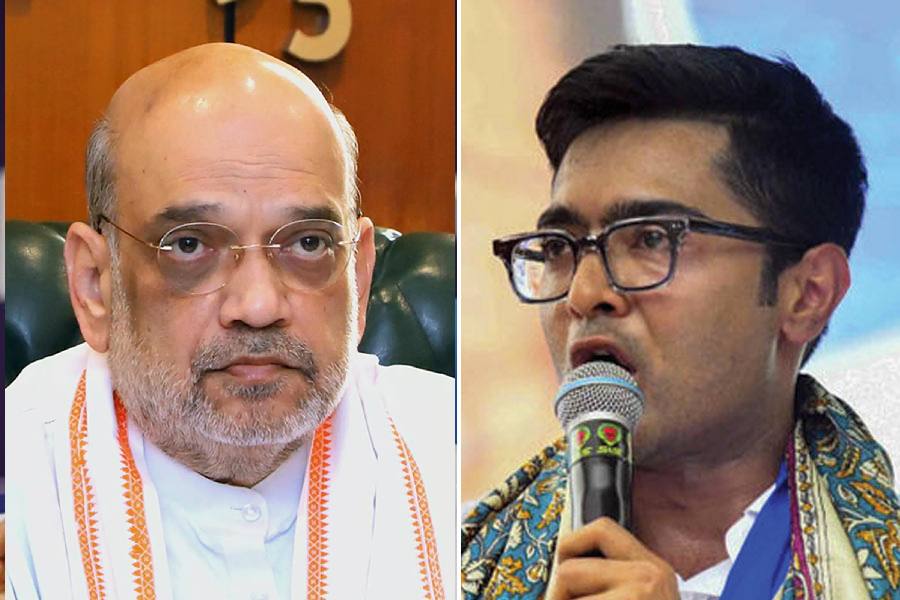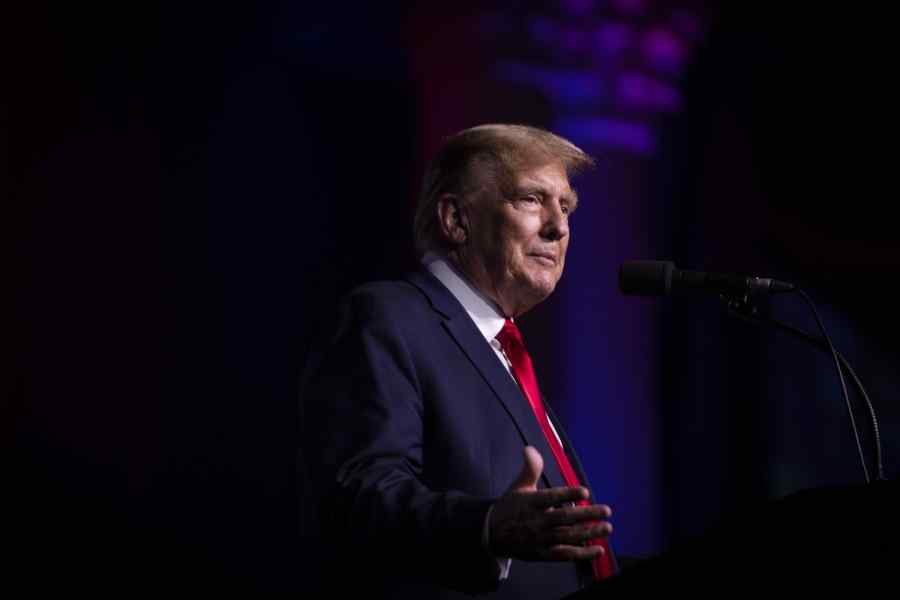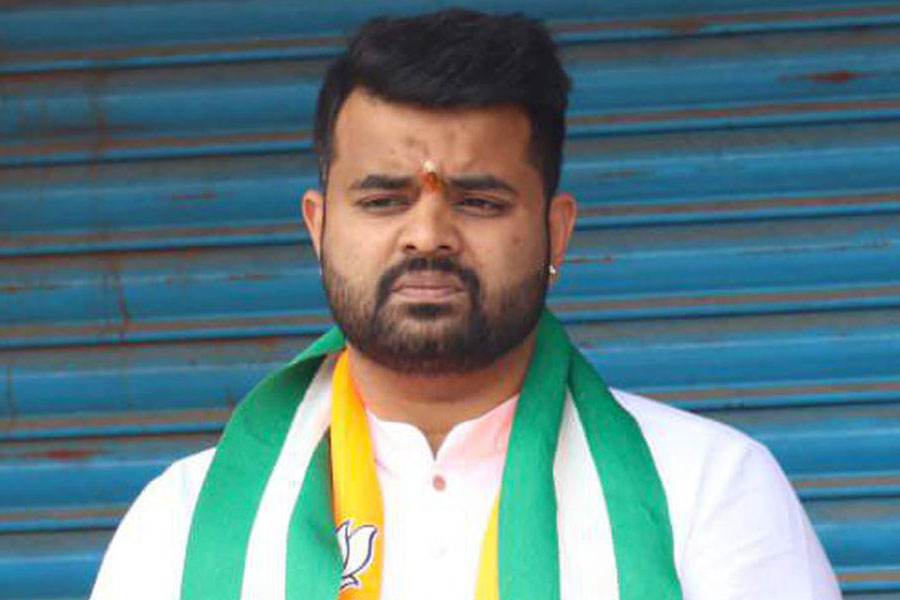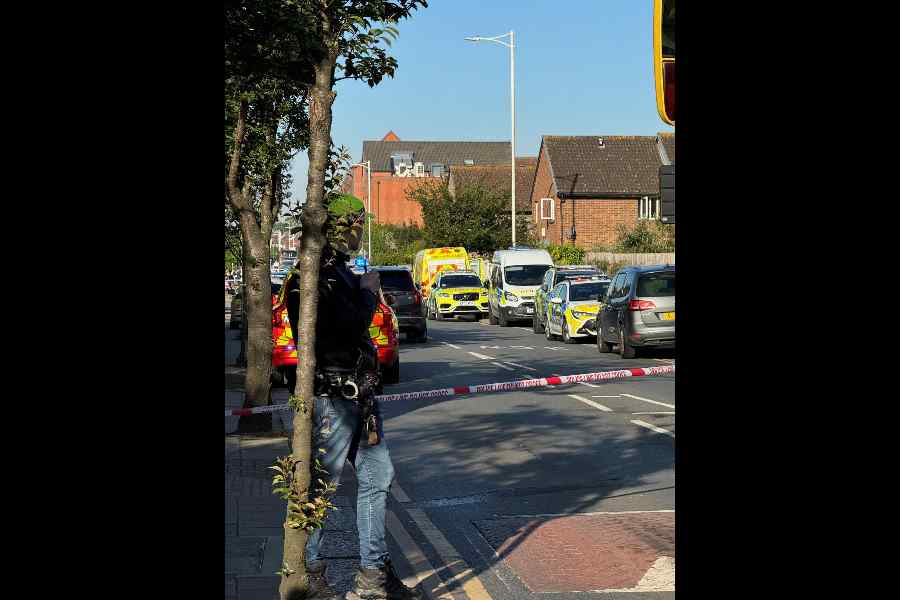New Delhi, Aug. 31: The Law Commission today recommended the abolition of the death penalty except for terror-related offences, making it the first official body in India to take a formal stand against capital punishment.
Three of the panel's 11 members, however, wrote dissent notes citing the growing crime rate. Law Commission recommendations are not binding on the government.
Commission chairperson and former Delhi chief justice A.P. Shah handed the 217-page report to law minister Sadananda Gowda.
A fourth panel member, law professor Yogesh Tyagi, too could not sign the recommendations as he was out of the country. But Justice Shah said that Tyagi, like him, supported the majority recommendation.
The report noted that India was among "a small and ever dwindling group of nations" that retained capital punishment, whose abolition in "140 countries... demonstrates that evolving standards of human dignity and decency do not support the death penalty".
It cited how delays, "solitary confinement and the prevailing harsh prison conditions" brought "additional, unwarranted and judicially unsanctioned suffering on death sentence prisoners", breaching "the Article 21 barrier against degrading and excessive punishment".
"Death-row prisoners continue to face long delays in trials, appeals and thereafter in executive clemency," the report said, causing the prisoner "extreme agony, anxiety and debilitating fear arising out of an imminent yet uncertain execution".
"The Supreme Court has acknowledged (how this) produces physical and psychological conditions of near-torture."
Retaining the provision "is not a requirement for effectively responding to insurgency, terror or violent crime", the commission argued.
Still, it suggested allowing death sentences in "terrorism-related offences and waging war (against the nation)" keeping in mind "concerns raised by the lawmakers" on "national security".
But it acknowledged that there is "no valid penological (the study of how countries punish crime) justification for treating terrorism differently from other crimes".
In January last year, the apex court had ruled that "unexplained delay" in the disposal of mercy petitions, as well as mental illness, were grounds for commutation of death sentences even in terror cases.
The dissenters were Justice Usha Mehra, a former Delhi High Court judge; P.K. Malhotra, the Union law secretary; and Sanjay Singh, secretary to the legislative department of the Union law ministry.
The report came following two references to the law panel from the Supreme Court to "allow for an up-to-date and informed discussion and debate on the subject" of the death penalty.
Earlier in 1967, on a reference from the government, the commission had suggested retaining capital punishment.
So far the debate has been restricted to the media in India, with the apex court making it clear the matter was for Parliament and not the courts to decide.
All the 11 commission members' three-year terms ended today.










